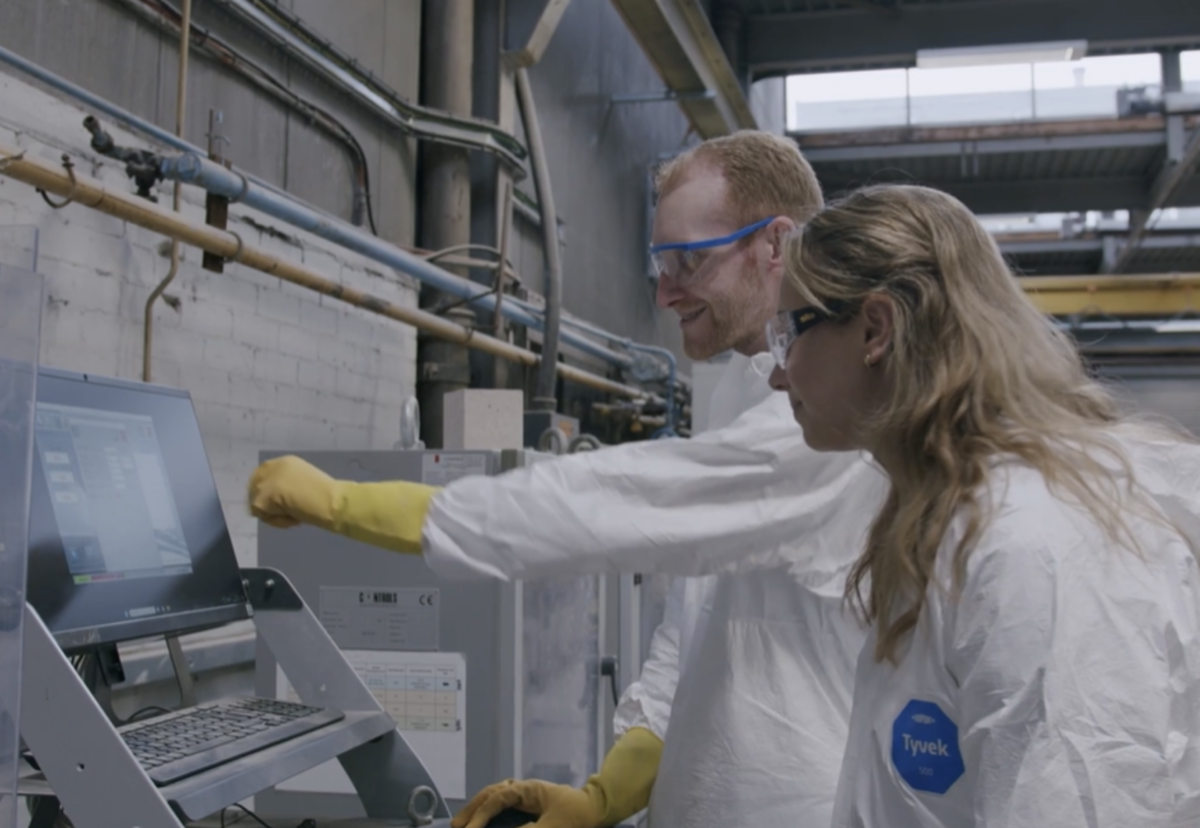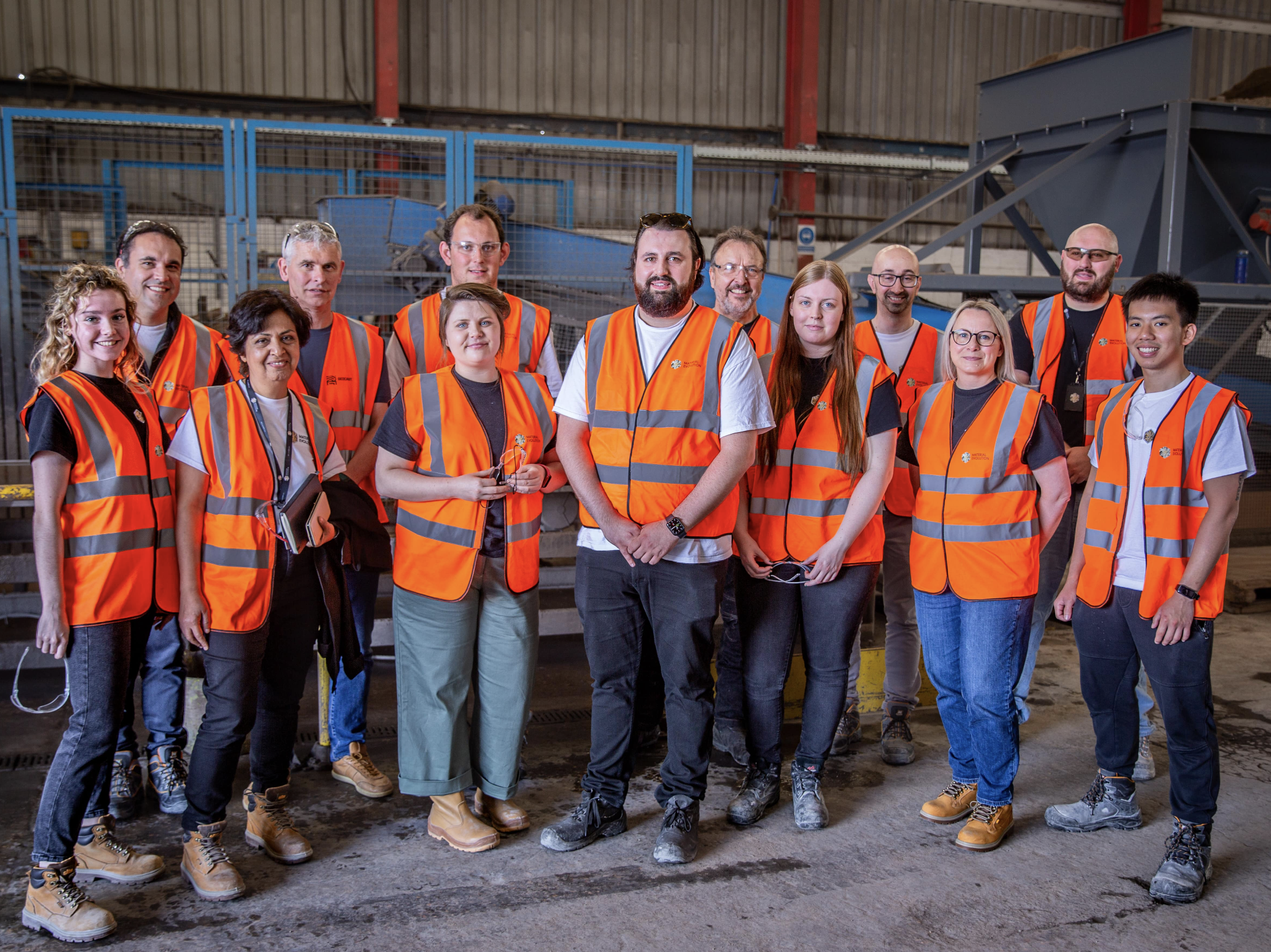The move will make Government-funded Material Evolution the biggest producer of low carbon cement in the UK.
Its new factory in Wrexham will produce 150,000 tonnes annually of a product that emits up to 85% less embodied CO2 than traditional Ordinary Portland Cement, with no reduction in quality and workability.
The Middlesbrough firm’s innovative process manufactures cement from steel industry byproducts through a special reactor that operates at room temperature.
The firm plans to replicate and scale its production process across the UK and Europe, generating excitement among concrete specifiers and producers about the potential for embedded carbon reductions.
Prof. David Hughes, CSO at Material Evolution and co-lead of the Mevocrete project said: “Cement is a binder and what we’re looking at here is creating a net zero embodied carbon cement which is inherently more durable, which means our houses, infrastructure and transport highways would be transformed on mass industry scale, really tapping into a local and national picture of a net zero environment.
“We’re already having conversations with leading contractors, architects, government agencies and institutions that ultimately have a huge say in the way cement is made and specified.”
Material Evolution’s journey has been accelerated through revisions to the industry standard for concrete, BS 8500, which was revised in October 2023 by the British Standards Institution.
The revision provided flexibility for producers to use up to 65% less OPC replacement by two or more, low-carbon cementitious materials, therefore helping both producers and specifiers in the concrete industry.
The new BSI Code of Practice Flex 350 also allows for the specification of a wider range of lower carbon concretes to help decarbonise construction projects.
Business co-founder Dr Liz Gilligan said that Material Evolution aimed to remove one gigaton of carbon by 2040, while replacing OPC as the ‘go-to’ product for UK construction, given its 8% contribution to worldwide CO2 emissions.
















































.gif)




 (300 x 250 px) (1).gif)
